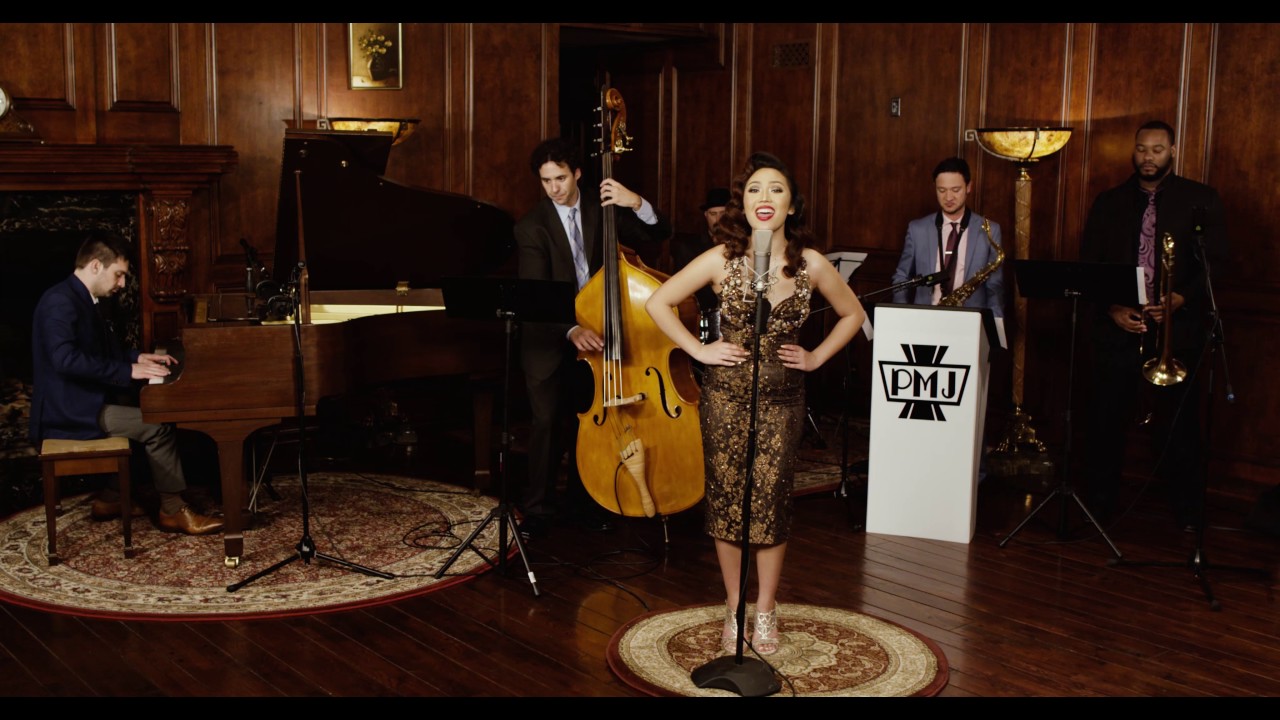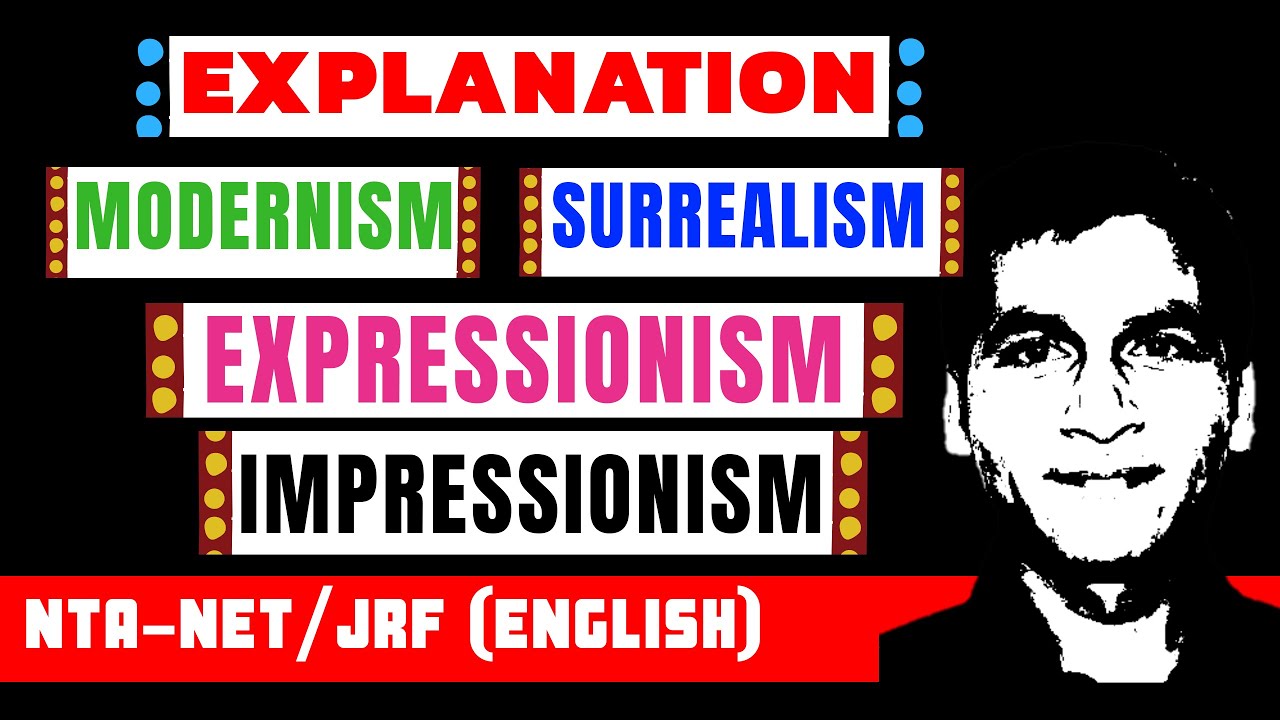Tom Nicholas
Structuralism is a form of literary theory which, inspired by semiotics and the linguistics of Ferdinand de Saussure, emerged in France in the 1950s. In this week’s episode of What the Theory?, we take a look at how structuralism and structuralist theory enable us to identify the underlying structures which inform how literature, film, performance, visual art and all other forms of cultural text are created and read.
If you’re look for semiotics and structuralism explained simply and engagingly then, hopefully, this might be the video you’re looking for!
Also, if you’d like to get your hands on a copy of the script to this video with footnotes and references to pour over to your heart’s content then check out my Patreon at [http://patreon.com/tomnicholas](https://www.youtube.com/redirect?q=http%3A%2F%2Fpatreon.com%2Ftomnicholas&v=9045I_p45XU&event=video_description&redir_token=4zUaqQOVf-pAkqVbD1TqPqrOSup8MTU2NDA4ODM4MEAxNTY0MDAxOTgw)
We begin by looking at genre as a form of structuralist analysis before taking a brief overview of Saussure’s notion of diachronic and synchronic linguistics and his suggestion that it is only possible to understand an individual use of language (which he calls parole) by understanding the wider linguistic system of which it is a part (something Saussure calls langue).
We then take a look at how various literary theorists including Claude Levi-Strauss, Roland Barthes, Vladimir Propp and (very briefly) Michel Foucault have taken used structuralist linguistics as a basis for literary and cultural analysis. Distinguishing between “high structuralism” and “low structuralism”, we take a look at poetics and the pursuit of a consistent narrative structure of myth as well as looking at Roland Barthes’ notion of cultural codes and cultural myths as he outlines them in his 1957 book Mythologies.
Further Reading
Structuralism and Semiotics by Terence Hawkes
US: https://amzn.to/2JRlCgd
UK: https://amzn.to/2ykzh9b
Mythologies by Roland Barthes
US: https://amzn.to/2YhNnTc
UK: https://amzn.to/2Mda7kI
Myth and Meaning: Cracking the Code of Culture by Claude Levi-Strauss
US: https://amzn.to/2y8cJYO
UK: https://amzn.to/2K00dAb
[The above are affiliate links. I receive a small kickback from anything you buy which, in turn, helps to support the channel.]
If you’ve enjoyed this video and would like to see more including my What The Theory? series in which I provide some snappy introductions to key theories in the humanities as well as PhD vlogs in which I talk about some of the challenges of being a PhD student then do consider subscribing.
Thanks for watching!
Twitter: @Tom_Nicholas
Website: www.tomnicholas.com
Source




Thanks for watching all! A slightly tough topic this week but an important part of literary and cultural theory. As always, if you like my stuff, I’d super appreciate you checking out my Patreon at http://patreon.com/tomnicholas
thank you again 💕
Saussure is high on drugs, Dictionaries,Textbooks on plants,animals, machines are straight forward facts. But he just takes facts and makes them mumble-jumble. How do you paint a wall? Read Saussure first?
I feel like this should include Jung and Campbell. Not known as "structuralist" but definitely relevant.
You aced this video like a Saussure
I discovered this channel and now am not sure if am going crazy 😭😭🤣😹🤣😂😅 I never knew I can think this deep
Saussure's ideas around language being arbitrary might be true for English (maybe other European languages) but I think Indigenous Peoples (of North America "turtle island" at least) would disagree that language is arbitrary. Language for cultures who are tied to the land to a given geography their language (more often than not) reflects the sounds of the landscape and is in a way bound up with the landscape in a very concrete way.
A video on Structuralism and no mention of Jacques Lacan? Blasphemy.
Great video.
Ironically I just don't get the bigger picture of structuralism and how this all fits into place. This is slightly confusing.
It's funny with that image of the saluting black soldier, I was thinking how often I've 'misread' images and texts like this through the lens of my own biases as being sort of ironical critiques of existing structures. Then someone'll come along and say, 'No, no, no, this is a totally reactionary thing and you shouldn't like it!' sort of SJW-style. And in a way I think that does show a problem with a lot of the more simplistic, vituperative and no-platforming tendencies among these types. It's not just that, as the dark web ultra rationalists would have it, they're shutting down debate that's the heart of a democratic society and so on, it's that they're not being poststructural enough, not allowing for different readings, acknowledging that such artefacts don't even have a monolithic, unidirectional power of influence, or that they can be 'taken from behind' as one poststructural thinker, can't remember who, waggishly puts it. It's all already there in Hegel really, each position always already containing the seed of its own rhetorical unraveling.
How does a text itself infer anything? Are you arguing that texts are somehow animated by the structure? It's as if by what you say that the text is thinking, infers and then communicates its experience to me. You may have spoken to this before in the comments, but I'm not going to interrupt your presentation right now to try to ferret this out in them.
Such a great explanation of how difference works in Saussure's conception of language. Thank you!
This comments section is going to be a blast when Jordan Peterson starts talking about structuralism and semiotics.
At one point in this video I got shivers, when it finally fell into place for me how Noam Chomsky’s work as a linguist connects to broader political analysis and activism. Thank you!
I really like your work!!
Just wanted to say how useful this was – really appreciate the effort you've put in!
Can i download your videos?I need it for my studies.I need it for literature and liguistics and that kind of thing.
Hi, Tom! Would like to know your thoughts regarding how phenomenology and structuralism are related (if there are any connections)? Thanks!
Have you done a video on Phenomenology?
Could you provide a video on afropessimism, perhaps focusing on some of the more complicated aspects of the theory from red white and black pertaining to Lacan, semiotics, and critical theory?
Hello, I'm new to your channel and it helps me in my major as A.B. literature. I'm just curious and want to ask. Are you a professor?
Thank you so much for your videos, Tom. They have helped immensely for my studies of Literary Criticism.
Read structuralism from Peter Barry, then watched this video and read Barry again. Felt like an altogether different text. Thanks for these videos, Tom.
Great content! But this doesn't explain why the miths share so much betwern them, just points to the fact.
Thanks for that video ! That is one excellent summary of the ideas of structuralism which gives a nice overview of the subject matter and its key thinkers.
So much better than zoom classes
Thank you! Most helpful❤️
Movie mistake: the cat purred at the mouse. A great addition to my anthropology notes 🙂
Hi, I've just discovered your site, it's good ✌️ can you post something on Roman jakobson or maybe northrop e frye?? 📚 🖋 🇮🇪
Da fuck he said???
Can someone tells me about what structuralism approach is???
How old are you again?
As a french speaker, it breaks my mind a little bit to use Parole and Langue as more standardized words. Parole just means verbal utterance and Langue means Language.
Can you please record a vid on the meaning of the term historicism. It appears to be used in different way by different scholars. Does it refer to a preoccupation with historical questions when considering texts or is it a reference to a particular way of thinking and of approaching texts by 19th century historians? Some clarification on this will be helpful. Thanks